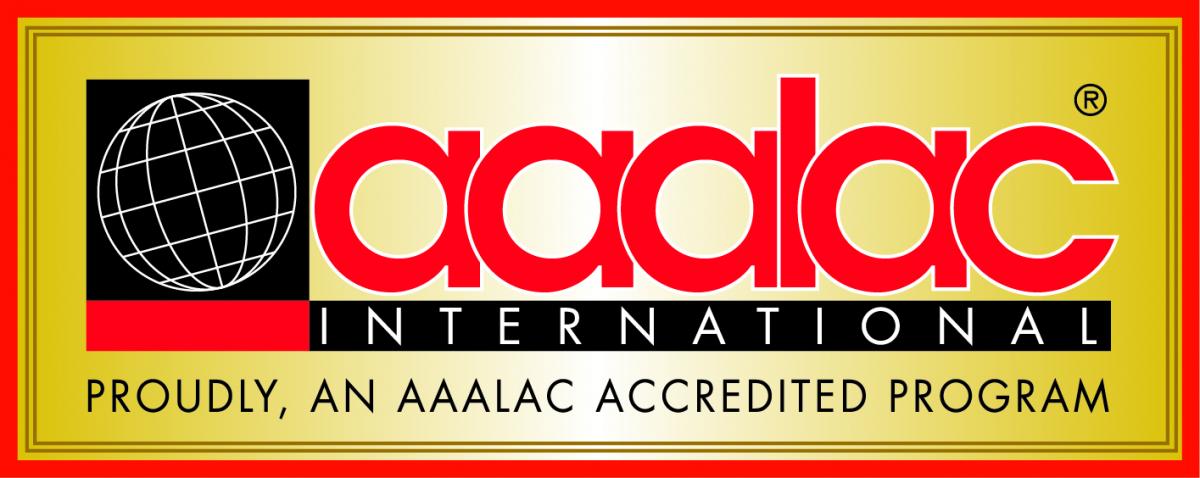Regulatory Compliance and Accreditation
As a federally funded animal research institution the TNPRC is primarily regulated by the United States Department of Agriculture (USDA), Animal Plant and Health Inspection Service (APHIS), which is the agency responsible for enforcing the Animal Welfare Act. The Animal Welfare Act requires at least one unannounced inspection per year on each research facility that uses animals in experimentation.
As a National Primate Research Center that receives primary funding from the National Institutes of Health, the TNPRC is also held accountable to rigourous standards of animal care, reporting, and transparency. The Regional Biocontainment Laboratory at the TNPRC is regulated by the CDC to ensure that the highest levels of safety are met.
The TNPRC is also accredited by AAALAC International (Association for the Assessment and Accreditation of Laboratory Animal Care), a private, independent non-profit organization that promotes the responsible use of laboratory animal care. TNPRC has been accredited by AAALAC since 1983 and for has received “exemplary status” for its high standard of animal care for the past five years – a designation received by only 2% of accredited institutions.

Institutional Animal Care and Use Committee
Any scientist that seeks to use nonhuman primates in biomedical research must first obtain approval from Tulane's Institutional Animal Care and Use Committee (IACUC).
The charge of an Institutional Animal Care and Use Committee as mandated by NIH's Office of Laboratory Animal Welfare and the USDA is to ensure the humane care and use of animals used in research and compliance with guidelines and regulations. At least one member of the IACUC must be a veterinarian with the responsibility for providing care to the animals used in research and one must be a public member not affiliated with the institution in any way other than performing IACUC duties.
In compliance with federal law, the IACUC established at the Tulane National Primate Research Center is composed of Tulane University faculty and staff and of individuals from the community who are not affiliated with the university.
Guided by the goal of assuring humane care and use of animals used in research, the committee ensures that a minimum number of animals are used to obtain valid data and that appropriate procedures are used to reduce pain and distress in animals. An IACUC encourages the use of alternative methods such as computer models and in vitro procedures or the use of other life forms to obtain the same quality of data as that obtainable with the use of a living animal.
The Tulane University IACUC provides assistance to investigators with the planning and conducting of animal experiments in accordance with the highest scientific, humane and ethical principles.
Learn more about Tulane's Institutional Animal Care and Use Committee.
Learn more about IACUC at the National Association for Biomedical Research.
